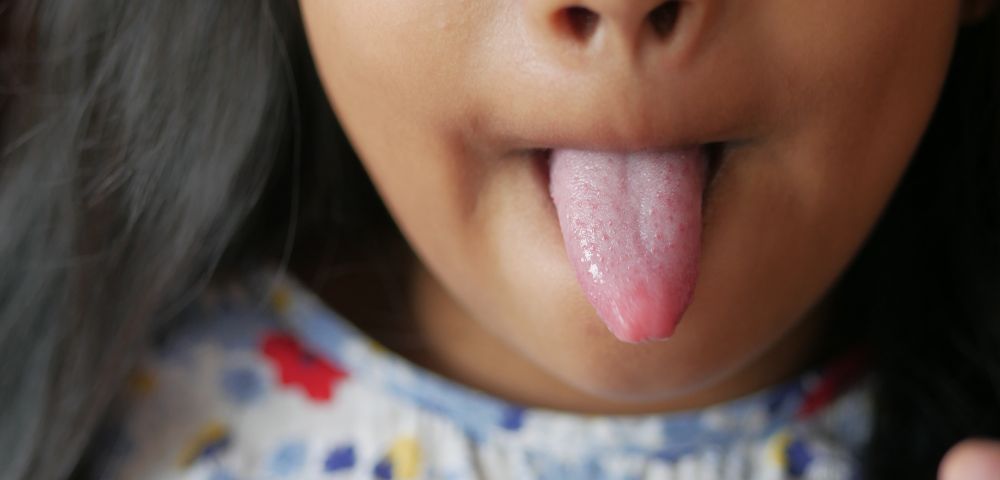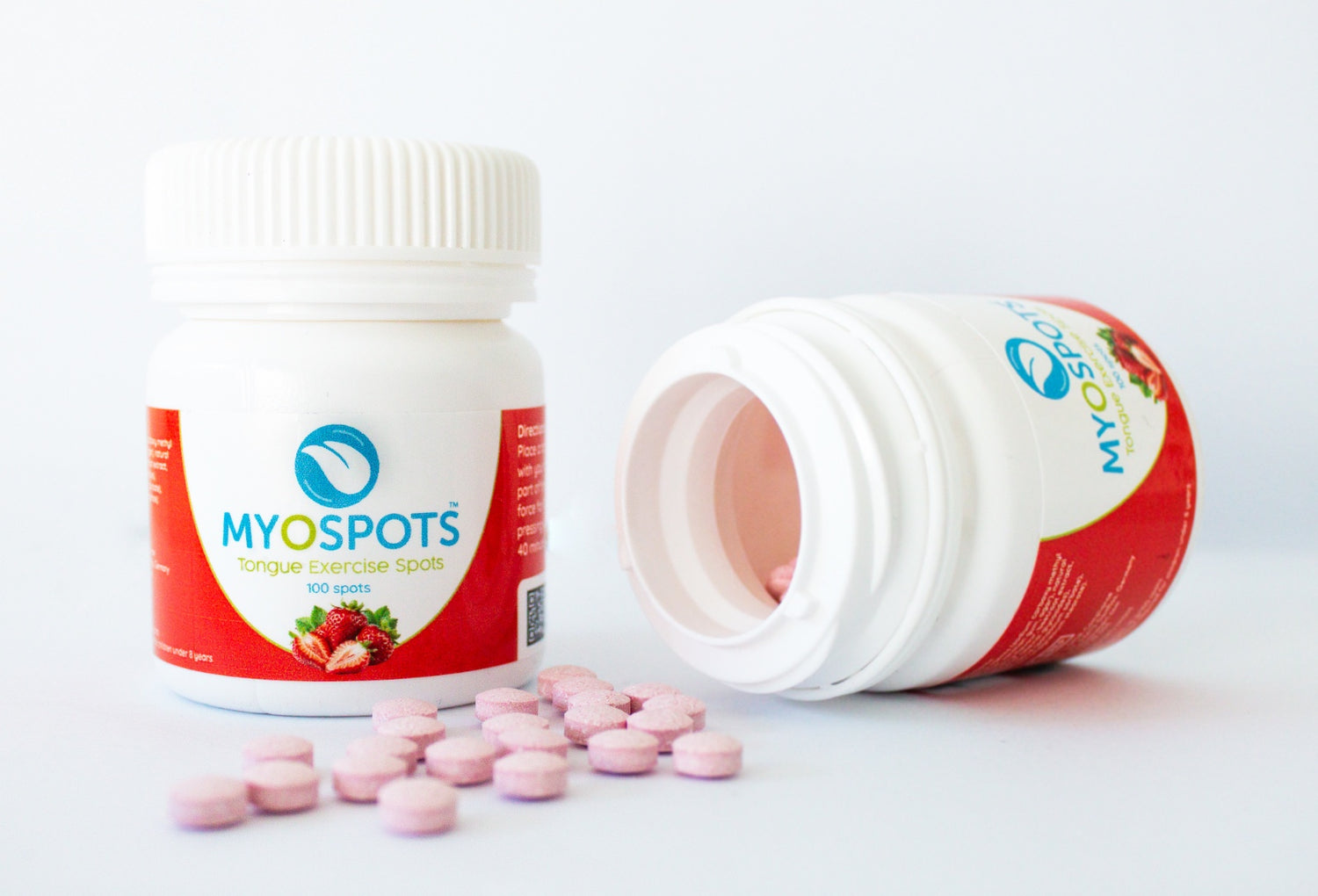You’ve probably never given much thought to how you breathe. It’s just in and out, right? Does anything else matter?
Well, yes, as it turns out. You’re meant to breathe primarily through your nose. If you breathe through your mouth most of the time, you could be unknowingly creating or worsening certain medical or dental problems.
Nasal vs Mouth Breathing
Your nose is built for breathing while your mouth is mainly for eating and speaking with a backup breathing role.
When you breathe through your nose, it:
- Filters out pollutants and allergens
- Adds moisture to the air before it reaches your throat and lungs
- Gradually warms the air before it reaches your lungs, making it easier to absorb
Breathing through your mouth deprives you of those benefits. It can lead to a dry mouth and throat and bad breath. In children, it may lead to inflamed gums, dental plaque and tooth decay.
Mouth breathing symptoms in adults and children
Mouth breathing symptoms - adults:
- Snoring.
- Dry mouth in the morning.
- Hoarse voice.
- Bad breath.
- Increased dental problems – saliva production is reduced by mouth breathing.
- Reduced sleep quality leading to daytime fatigue and brain fog.
Mouth breathing symptoms - adults:
- Poor sleep quality leads to difficulties with behaviour, memory, attention and concentration.
- Impacts on school performance.
- Altered jaw and facial development – chronic mouth breathers may develop narrower faces or receding jawlines leading to misaligned teeth and expensive orthodontic treatment later on.
- Dry lips and scratchy throat – mouth breathing dries out the tissues.
Take our mouth breathing test
You breathe in and out about 22,000 times a day – are those breaths going through your nose or your mouth?
Take our test to find out if you’re a mouth breather.
How to avoid mouth breathing
Mouth breathing may happen for a few reasons. You (or your child) could have:
- Underlying issues like enlarged tonsils or adenoids, a deviated septum or congested sinuses that make it hard (if not impossible!) to breathe through your nose
- Related conditions like sleep apnoea that compromise your airway
- Developed the habit of mouth breathing, meaning it now feels quite normal.
If you suspect you’re mouth breathing most of the time, then it’s important to see your GP in the first instance. They can assess your nasal passages and determine whether you have any underlying conditions needing treatment.
Turning a mouth breather into a nose breather
Once you’ve ruled out or treated any underlying conditions, it’s time to retrain yourself to breathe through your nose.
As you read this, lift your tongue to the roof of your mouth. You’ll notice that you tend to close your lips too and that you can now only breathe through your nose.
Tongue elevation exercises are designed to keep reminding you to put your tongue on the roof of your mouth. They can be boring and repetitive though.
That’s why we’ve designed an easier way.
Learn to breathe through your nose with Myospots
We offer 3 products to help you develop the habit of breathing through your nose.
Tongue elevation spots: These are small, dissolvable, adhesive pads that stick to the roof of your mouth. Your tongue will naturally rise to touch the spot, staying there as it dissolves slowly over the next 45 minutes or so.
[shortcode id="66a83d9d5abc5f7acf2ae8e9" name="Myospots In Blueberry Flavour" layout="Single Product"]
Nasal strips: Infused with natural peppermint oil, these stiff fabric strips widen your nasal passages, making it easier to breathe through your nose while sleeping.
Lip tape: Made from stretchy adhesive, this tape helps to seal your mouth while you sleep so that you breathe through your nose, not your mouth.
[shortcode id="66baabb1d54b75b3819f991f" name="Lip tape + Nasal Strip Bundle" layout="Grid"]
If you’re concerned about the impacts of mouth breathing, please explore our nasal breathing range today.
Disclaimer
All information is general and not intended as a substitute for professional advice.




